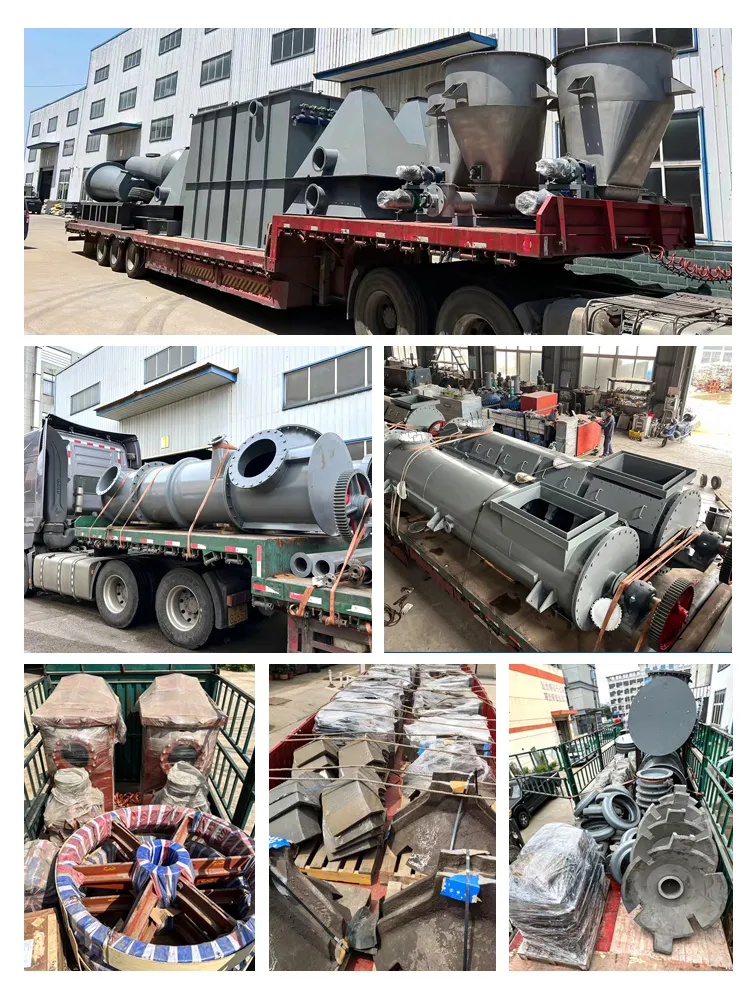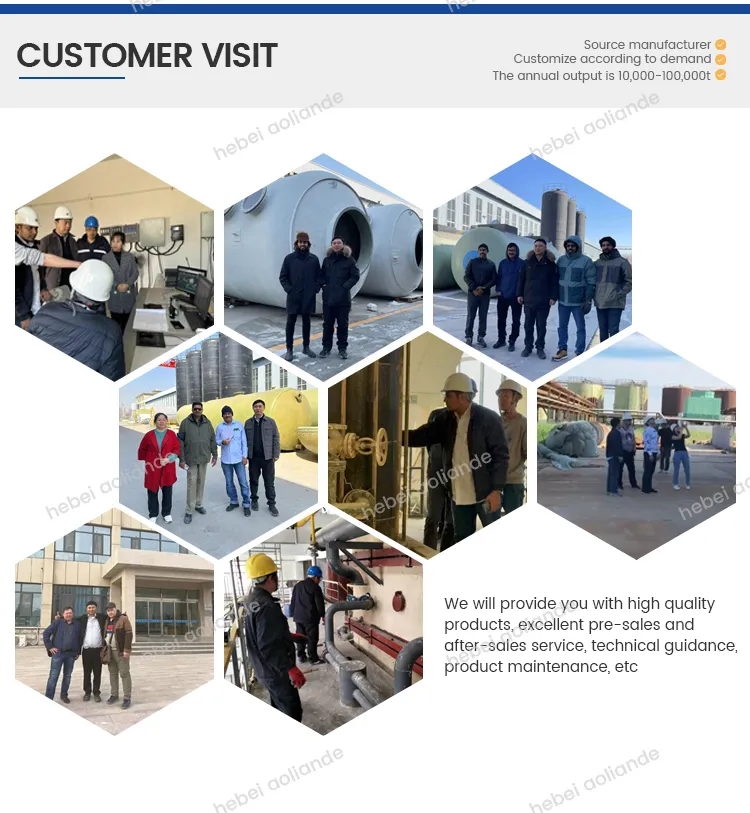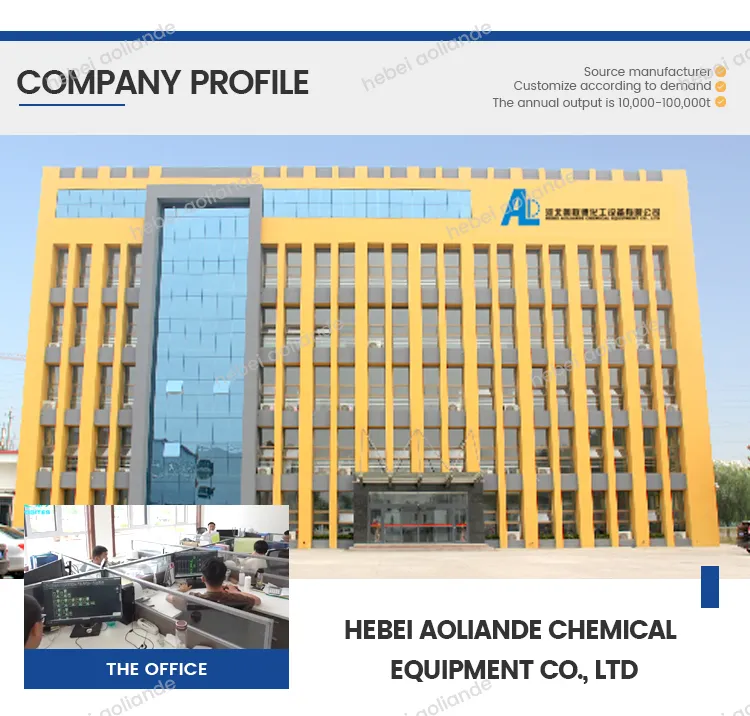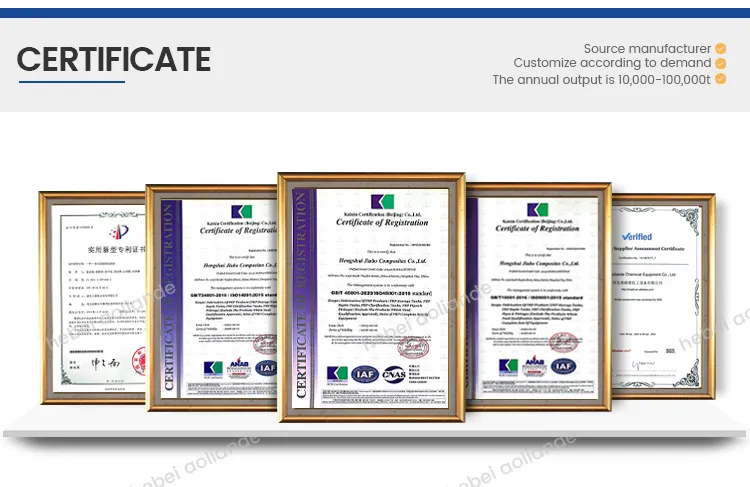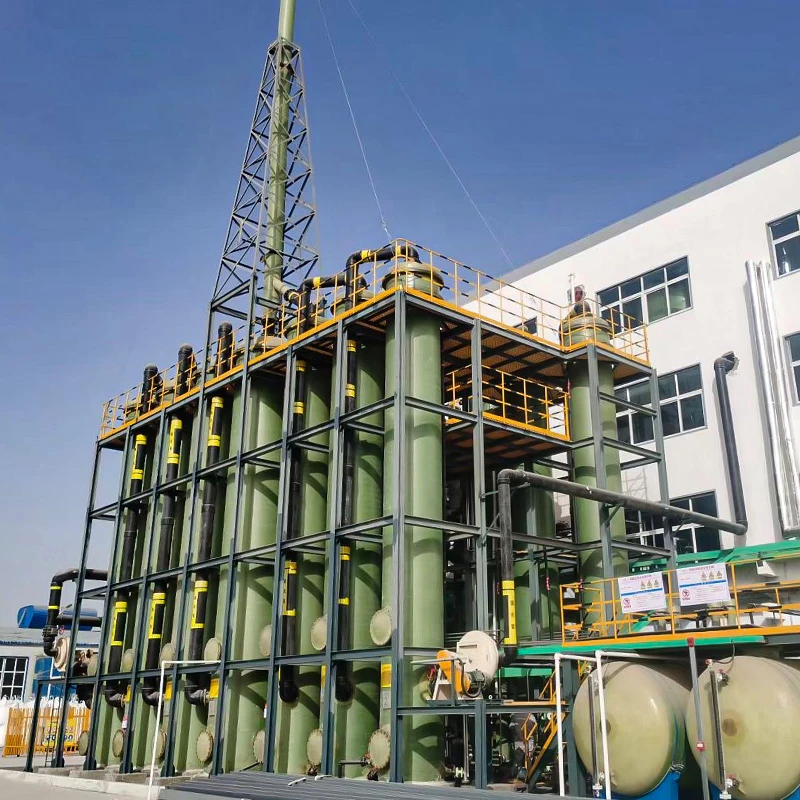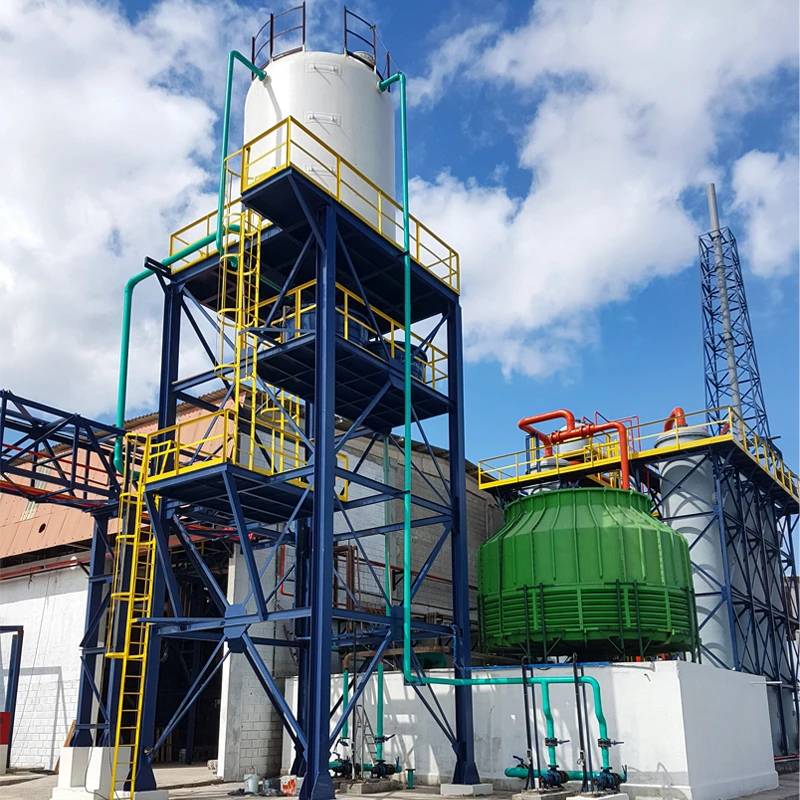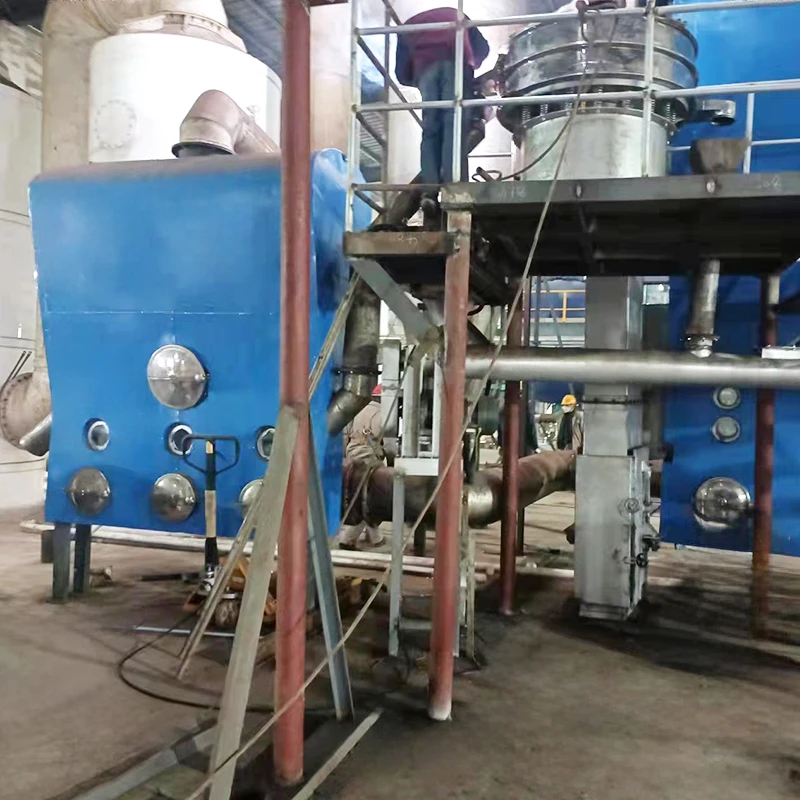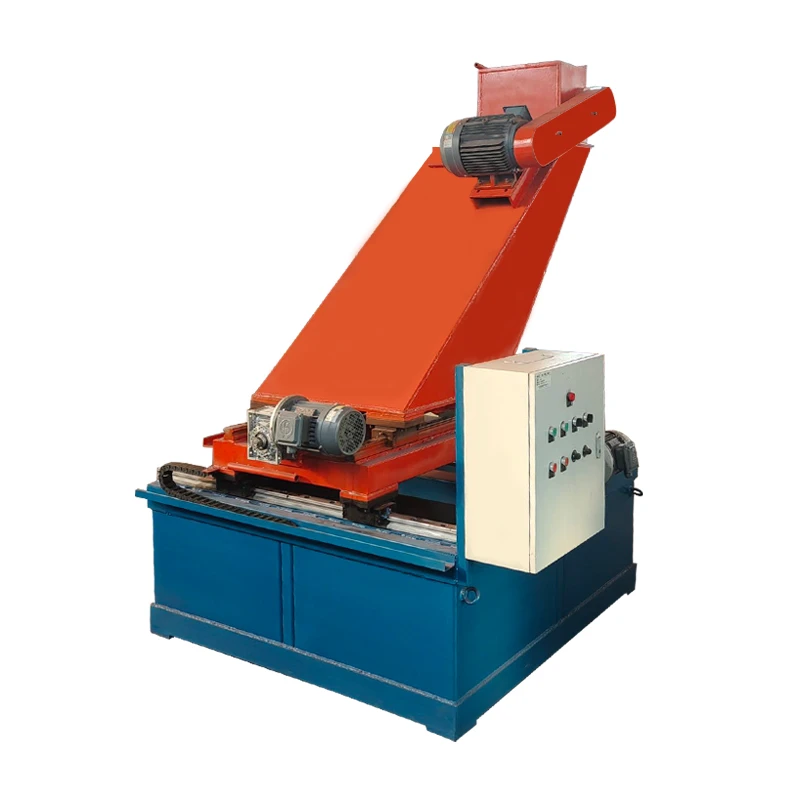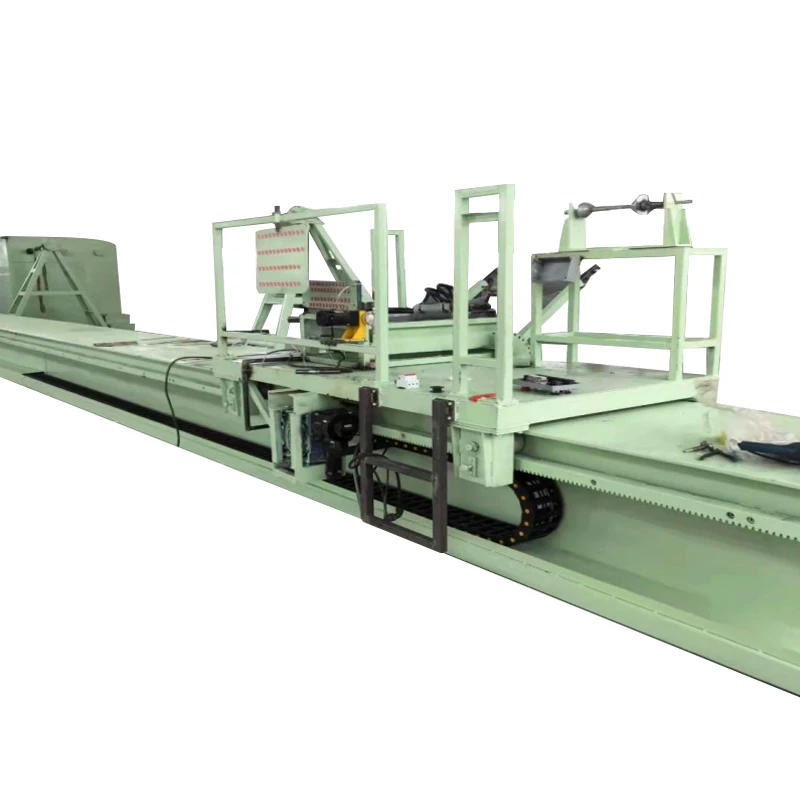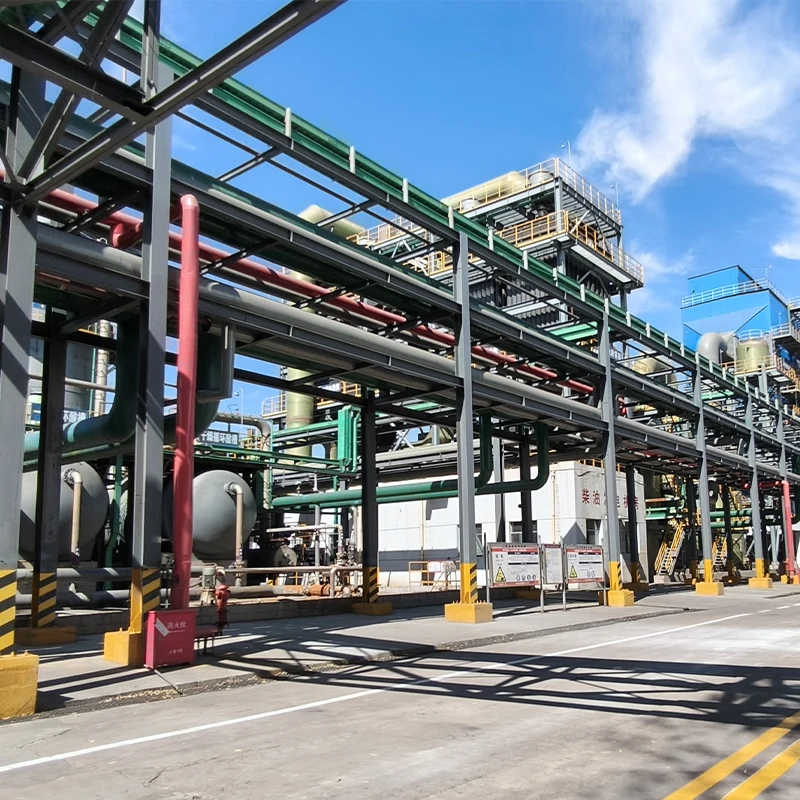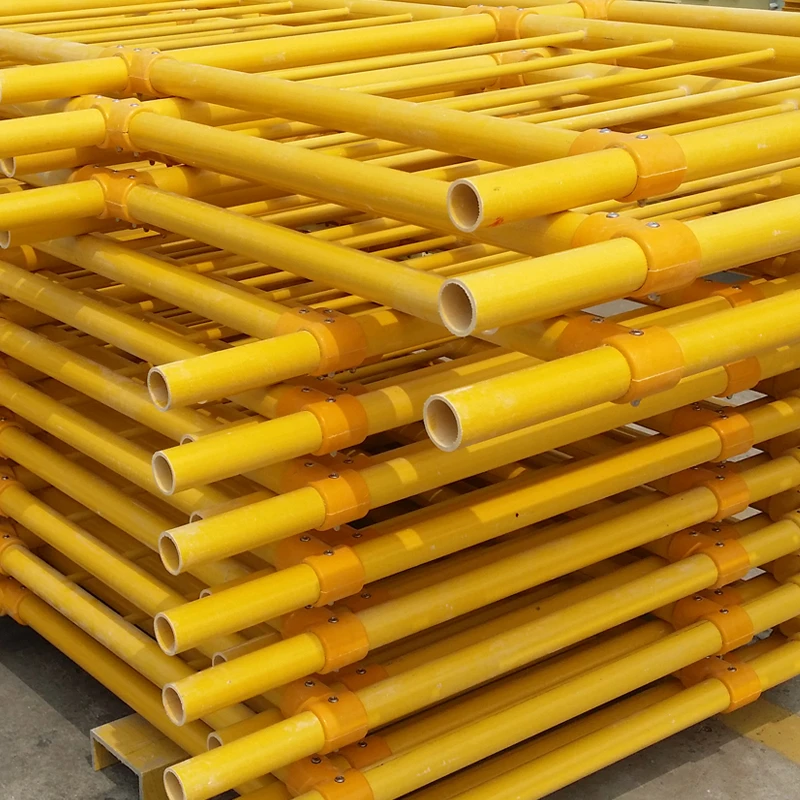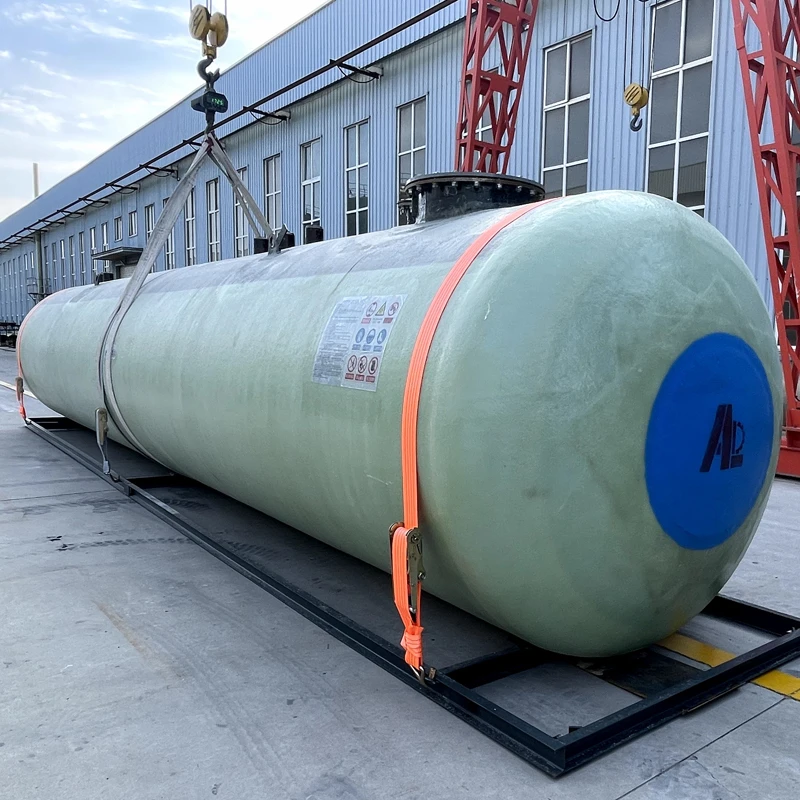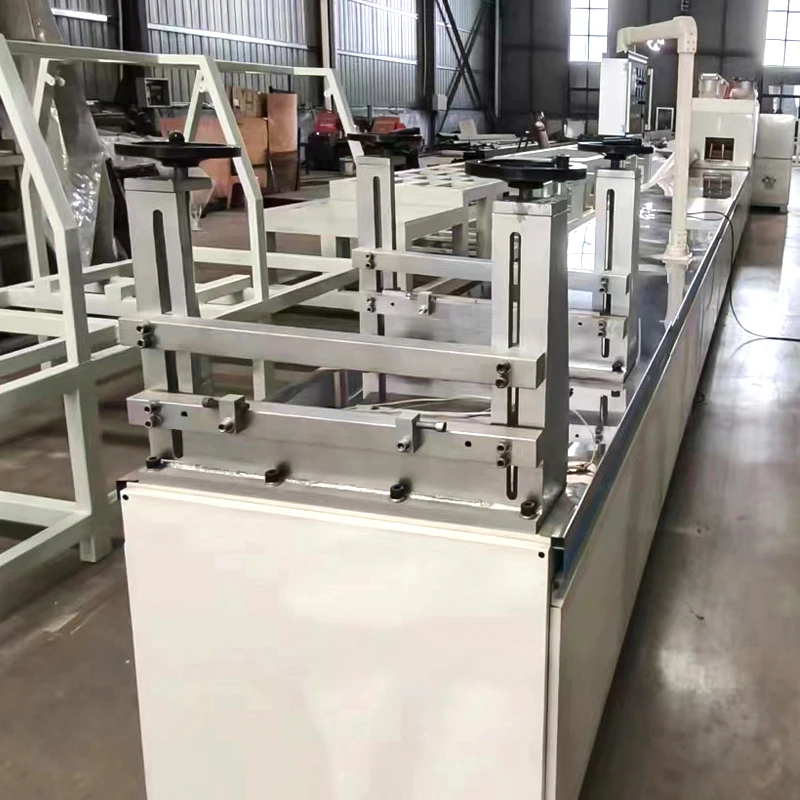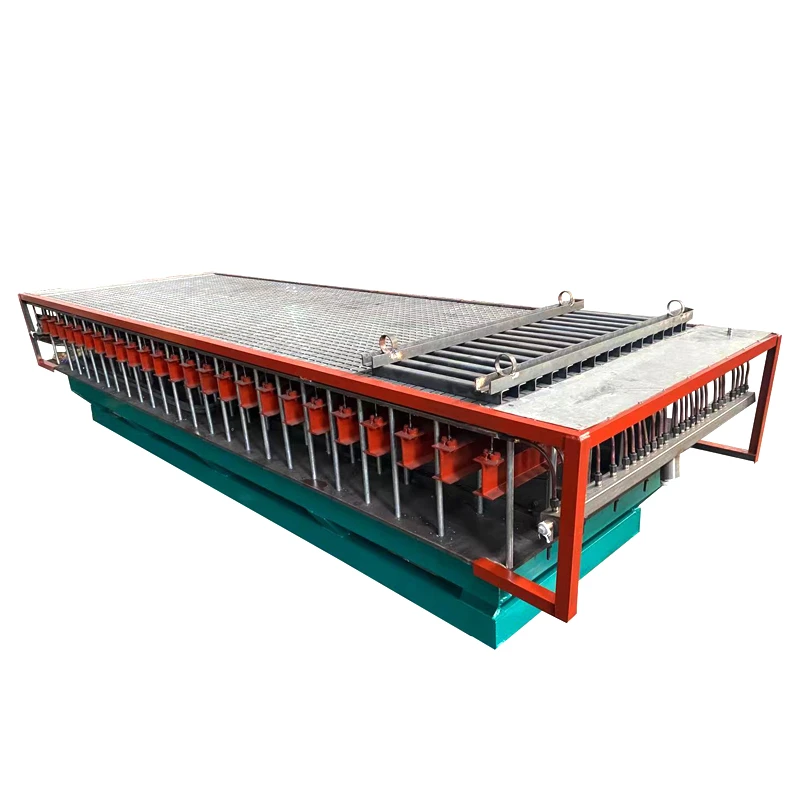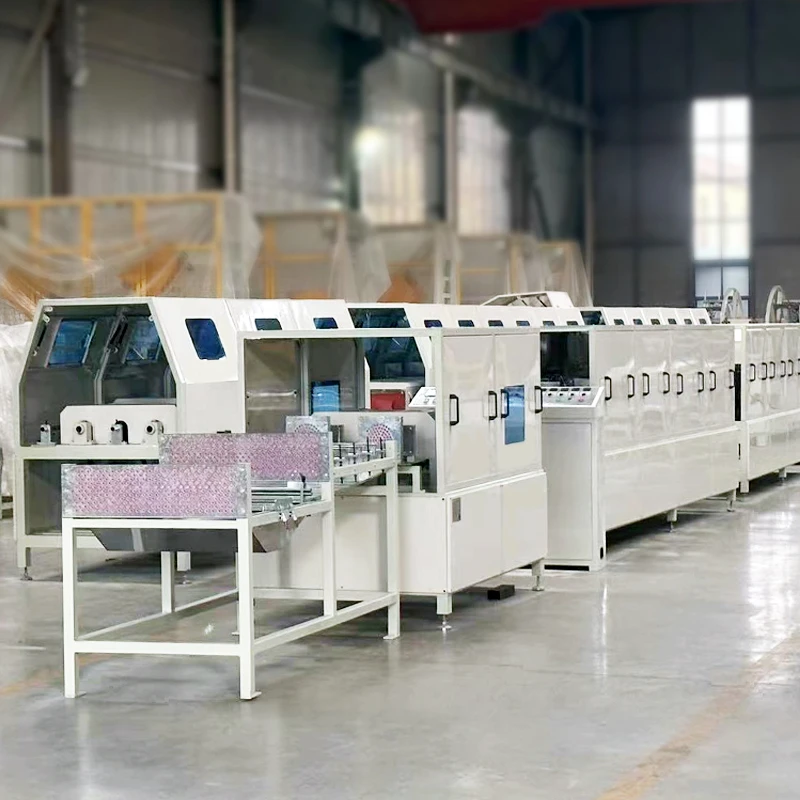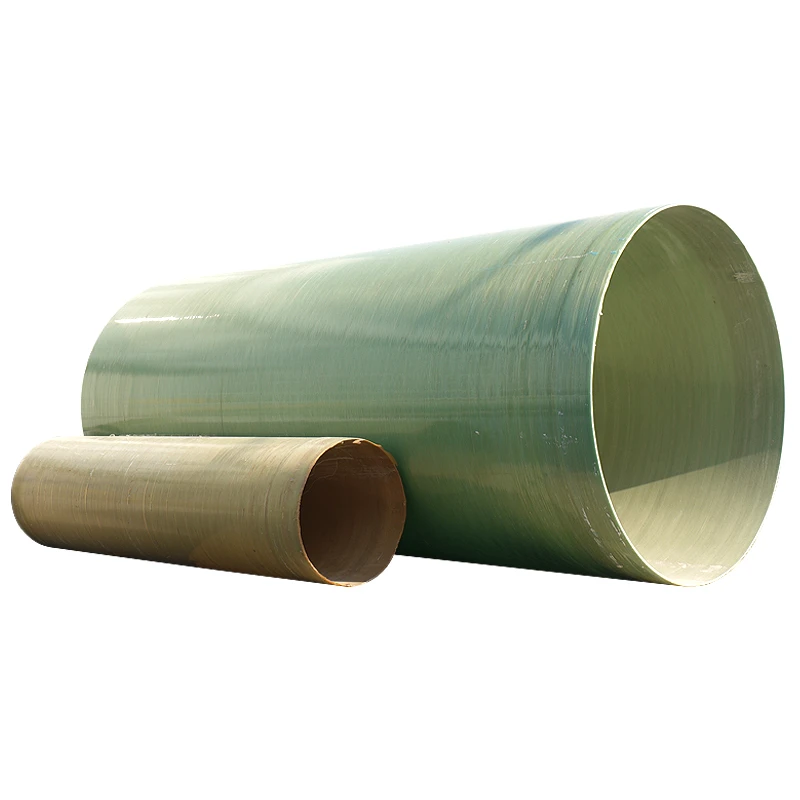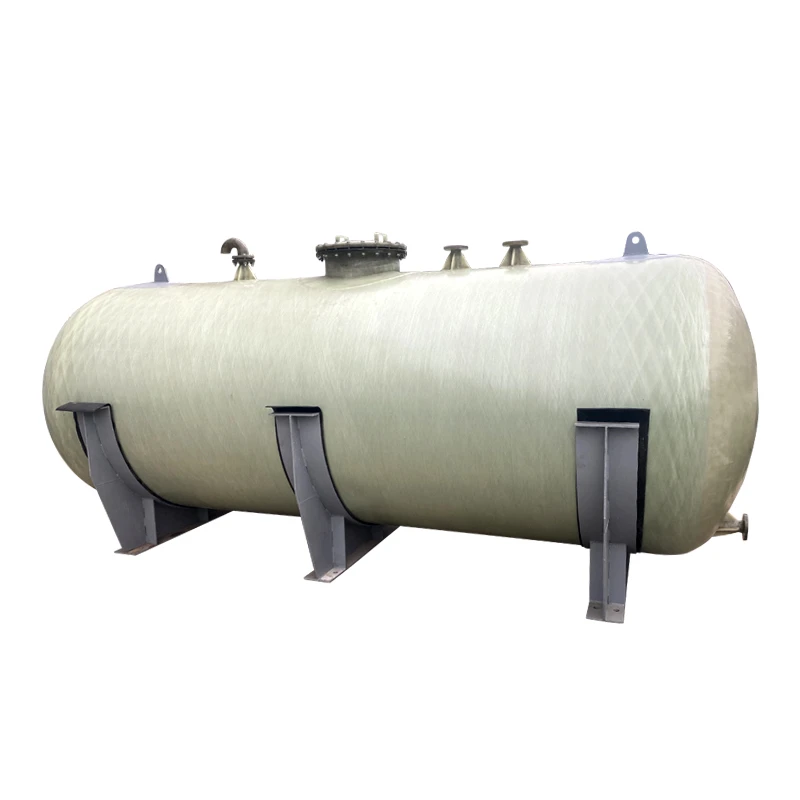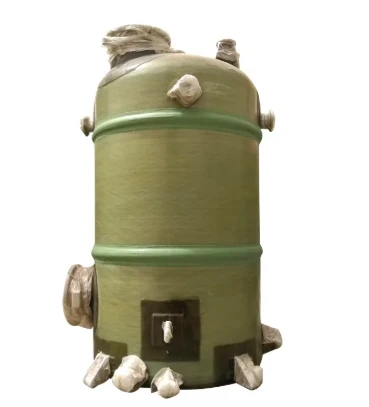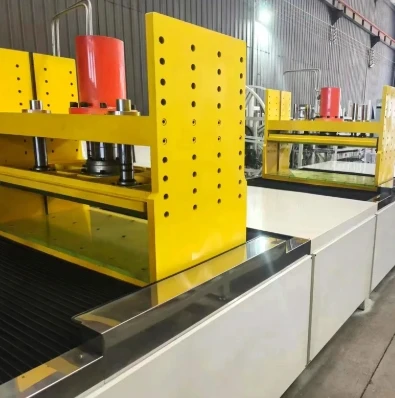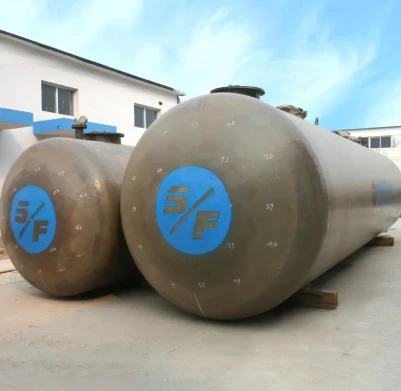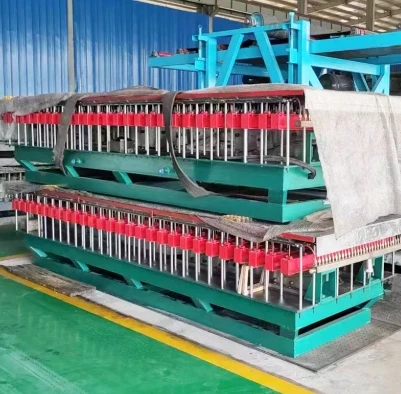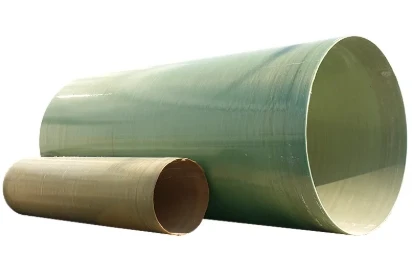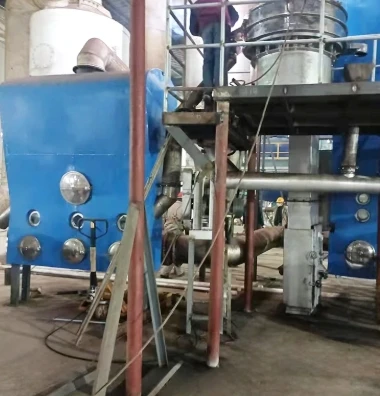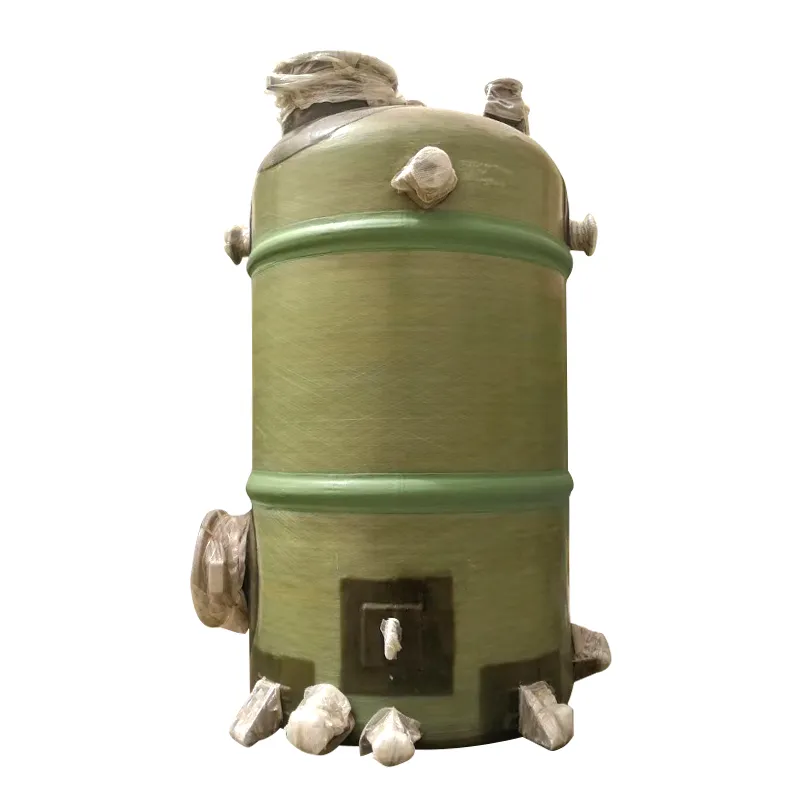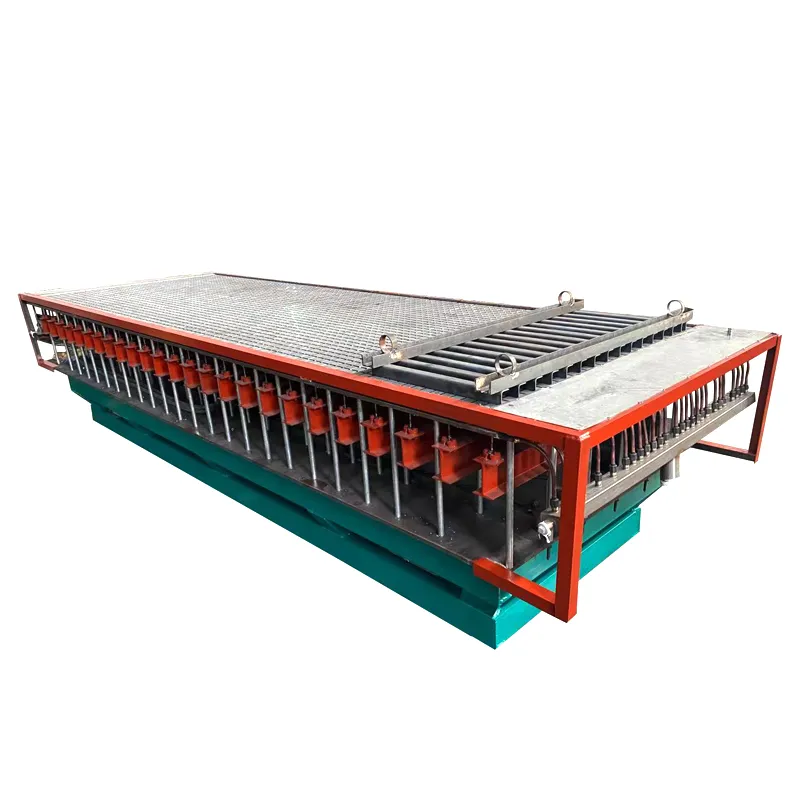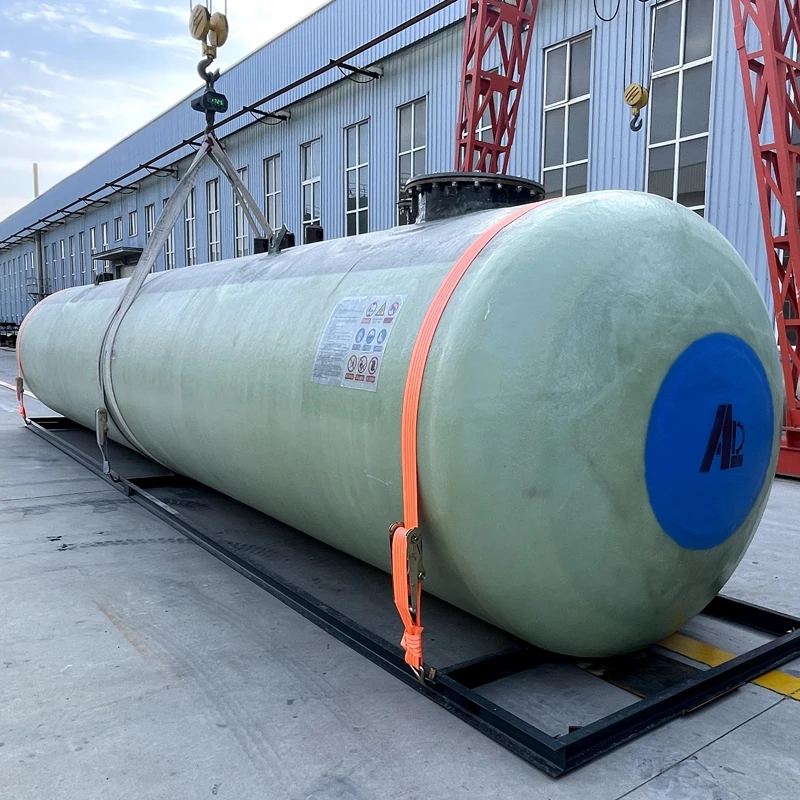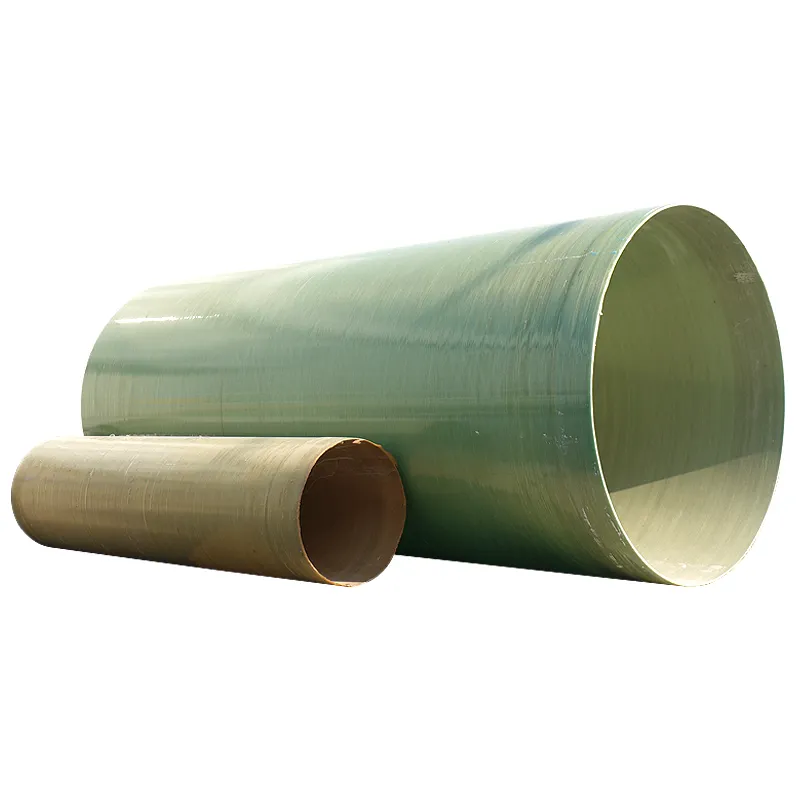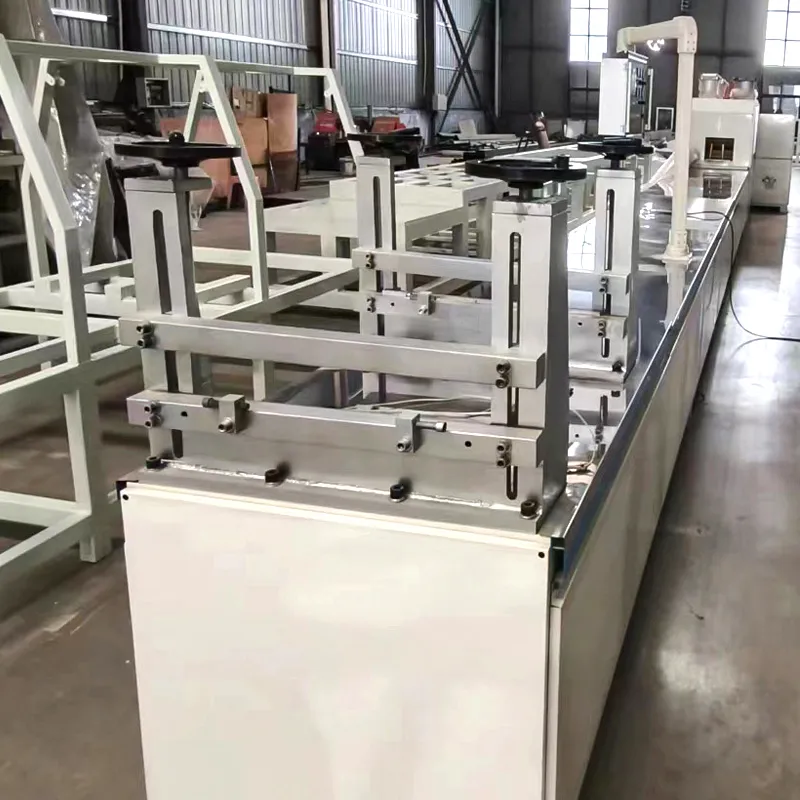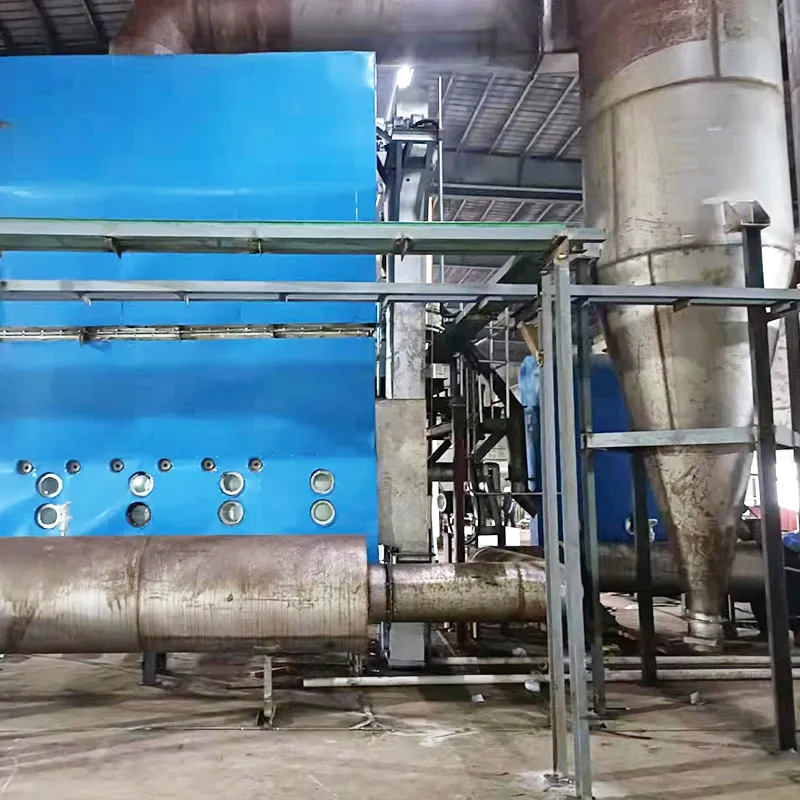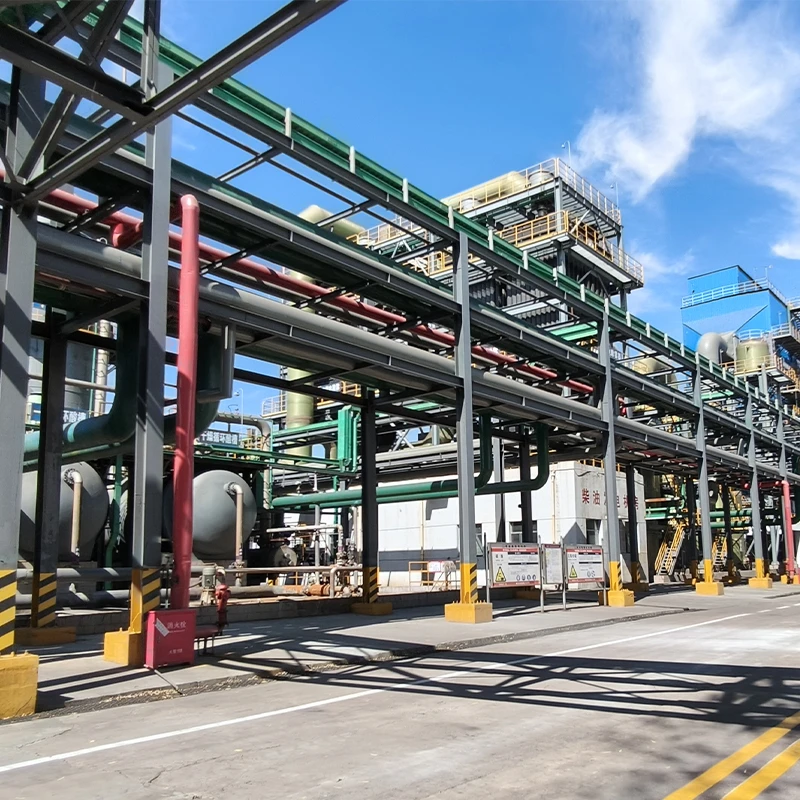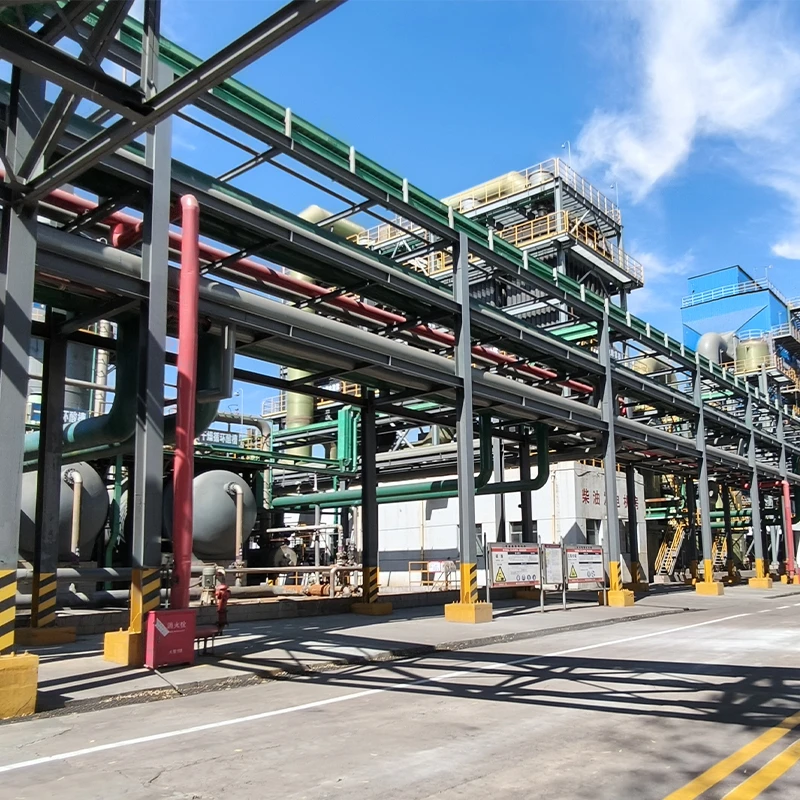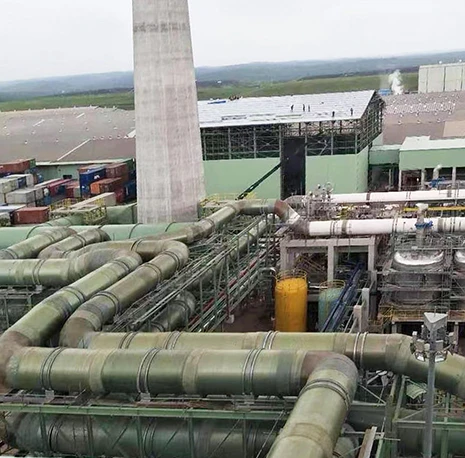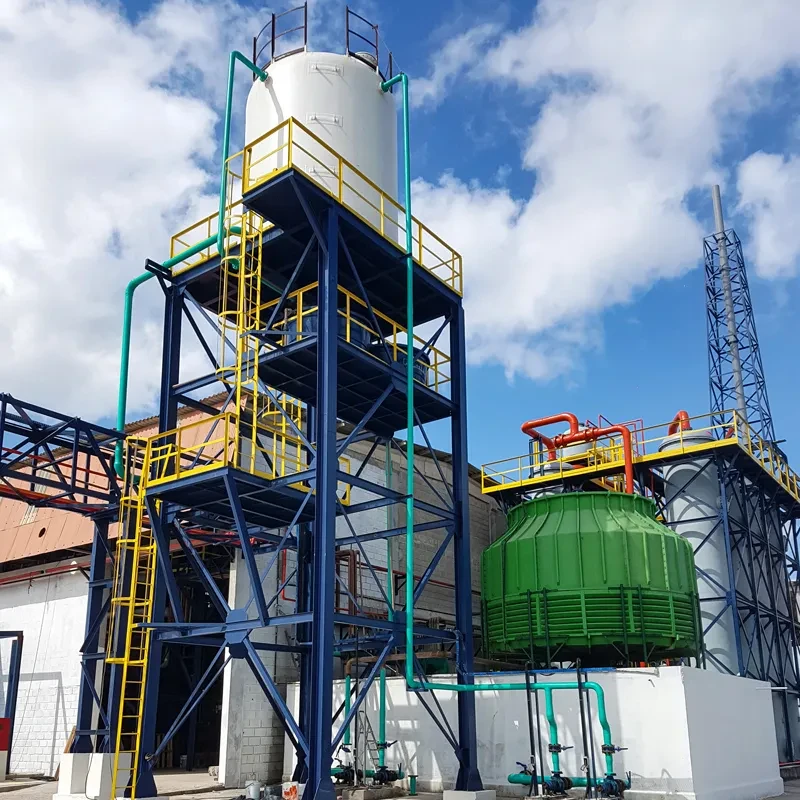Sulfuric Acid Production Line-Hebei Aoliande | Advanced&Environmentally Responsible
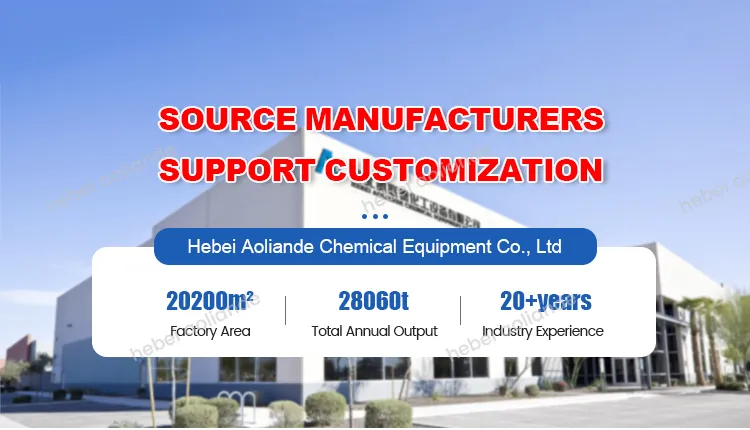
Introduction
Sulfuric acid (H₂SO₄) is one of the most critical chemicals in modern industry, serving as a cornerstone for fertilizers, pharmaceuticals, and various chemical processes. The sulfuric acid plant described here represents a cutting-edge solution for efficient and environmentally responsible sulfuric acid production. This article explores the technical innovations, operational advantages, and industrial applications of this advanced sulfuric acid production system.
Product Overview
The sulfuric acid production line is designed based on the **Mannheim process**, a widely adopted method for manufacturing sulfuric acid. This system integrates modern engineering solutions to address traditional challenges in the process, such as energy inefficiency and environmental impact. By optimizing the **Mannheim furnace process**, the production line ensures higher yields, reduced energy consumption, and compliance with global environmental standards.
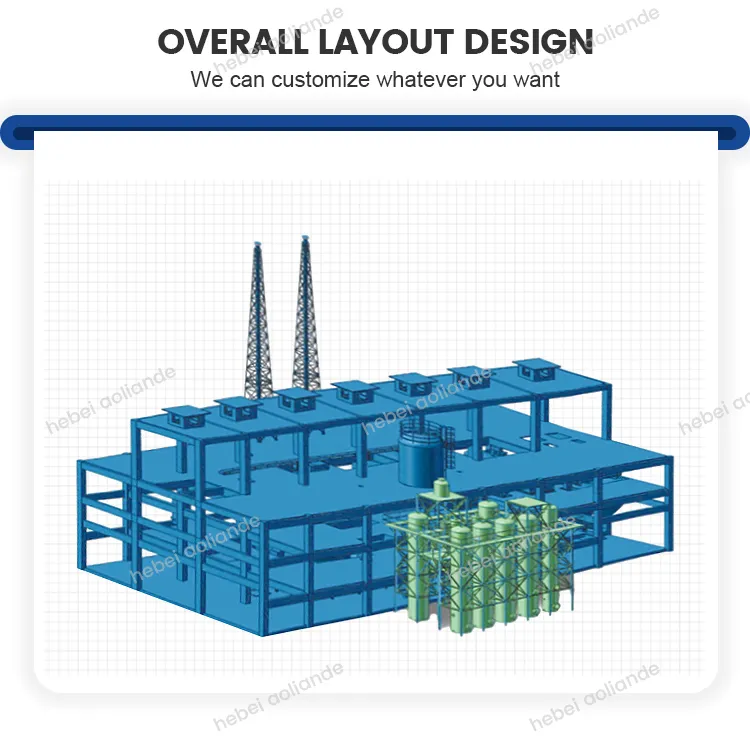
Technical Advantages
The sulfuric acid plant incorporates several key technological improvements that distinguish it from conventional systems:
- Corrosion-Resistant Materials: Critical components are constructed using specialized materials that resist chemical degradation, ensuring long-term durability and operational stability.
- Waste Recovery System: A state-of-the-art hydrochloric acid (HCl) recovery mechanism minimizes waste and aligns with NIST environmental standards for industrial emissions.
- Enhanced Absorption Efficiency: The upgraded HCl absorption system improves product quality and reduces environmental risks, as highlighted in NIST research on chemical process optimization.
- Energy-Saving Design: Advanced flue design and PLC automation systems optimize energy use, significantly lowering operational costs.
- Automated Control: The PLC-based system ensures precise control over feedstock ratios, enhancing production efficiency and reducing labor requirements.
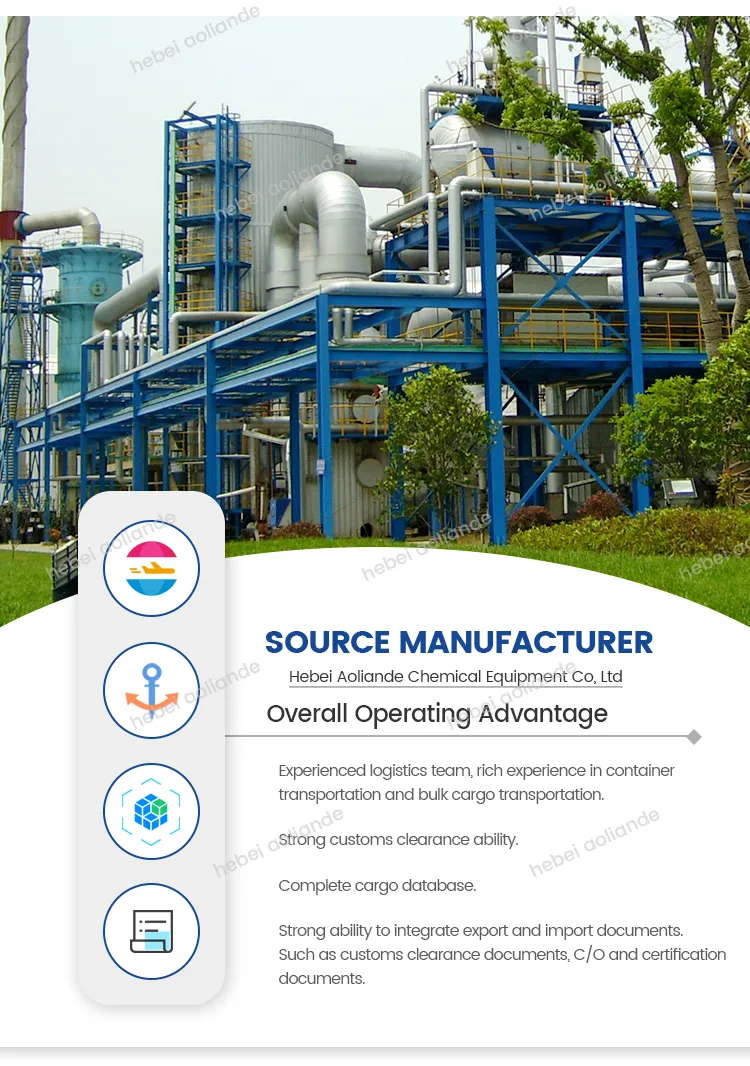
Product Specifications
| Parameter | Details |
|---|---|
| Production Method | Mannheim Process |
| Raw Materials | Potassium Chloride (KCl) + Sulfuric Acid (H₂SO₄) |
| Operating Temperature | 600°C+ |
| Energy Consumption | Low (optimized via advanced flue design) |
| Output Capacity | High (varies based on system size) |
| Environmental Compliance | Meets NIST standards for emissions and waste management |
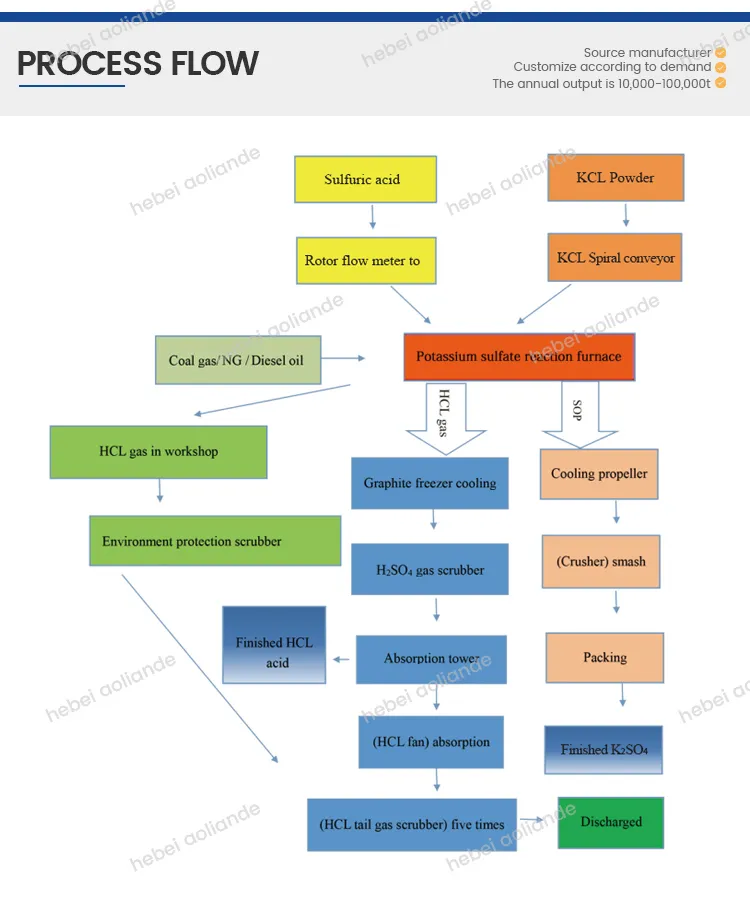
Applications and Industry Impact
The sulfuric acid production line is tailored for diverse industrial applications, including:
- Fertilizer Manufacturing: Essential for producing potassium sulfate, a key component in agricultural fertilizers.
- Chemical Processing: Supplies sulfuric acid for pharmaceuticals, dyes, and other chemical products.
- Industrial Cleaning: Used in descaling and corrosion prevention in manufacturing facilities.
According to NIST, sulfuric acid is a critical raw material in over 80% of industrial chemical processes, underscoring the importance of efficient production systems like this one.
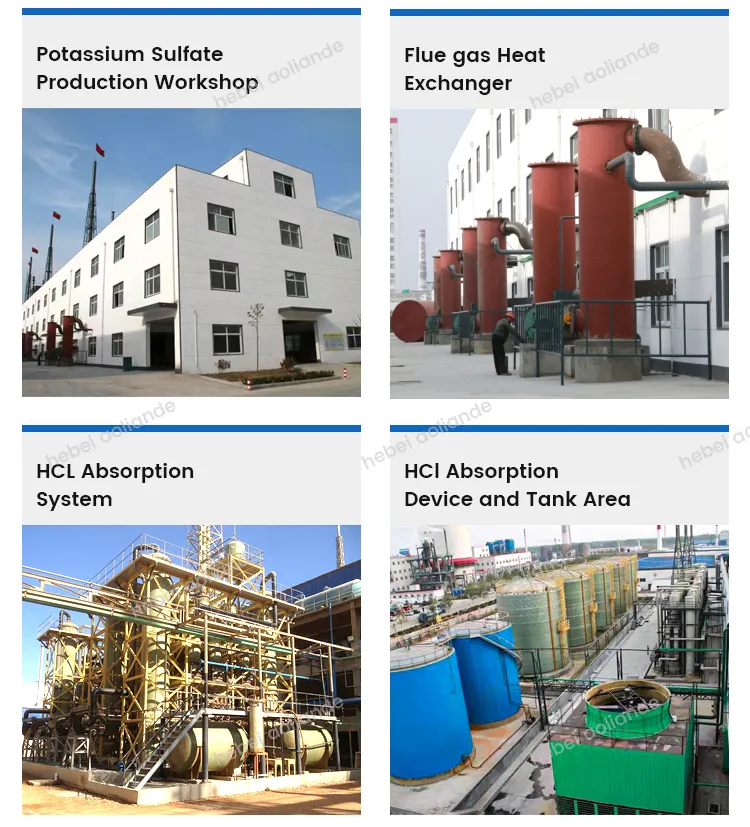
Company Background
The sulfuric acid plant is developed by Hebei Aoliande Chemical Equipment Co., Ltd., a leading manufacturer of FRP (Fiberglass Reinforced Plastic) equipment. With over 50 employees and annual sales exceeding $5 million, the company has established a global presence, exporting products to countries such as the United States, Brazil, and Germany. Their commitment to quality is reflected in their NIST-compliant ISO 9001 and ISO 14001 certifications.
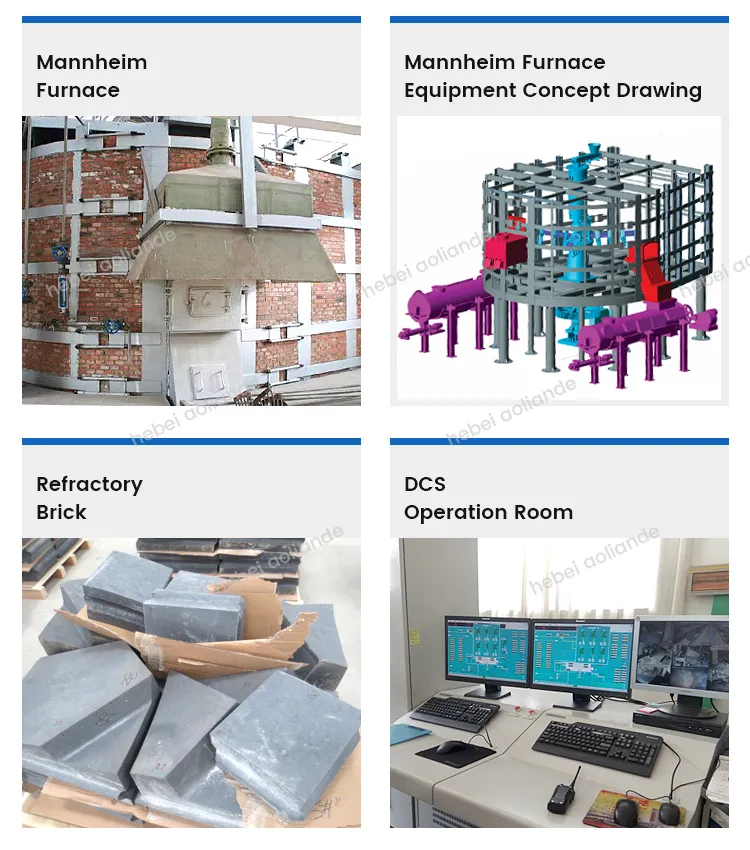
Environmental and Economic Benefits
The sulfuric acid production line addresses two critical challenges in industrial chemistry: environmental sustainability and economic viability. By integrating waste recovery systems and energy-efficient designs, the system reduces operational costs by up to 30%, as reported in NIST case studies on industrial process optimization.
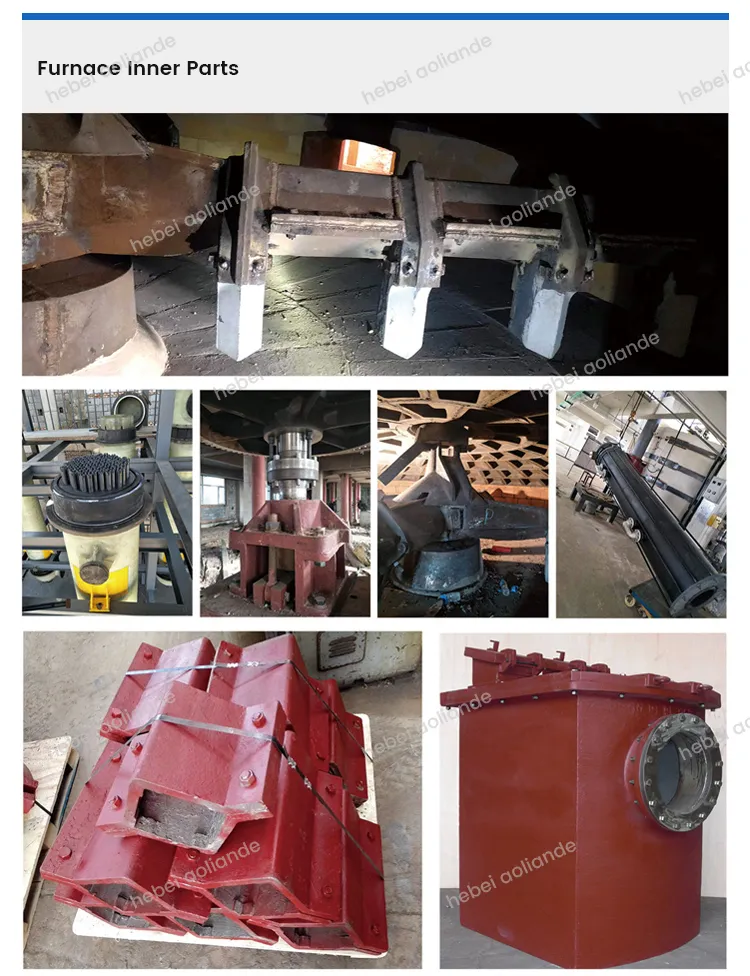
Conclusion
The sulfuric acid plant represents a significant advancement in industrial chemistry, combining the traditional Mannheim process with modern engineering innovations. Its technical advantages, environmental benefits, and cost-effectiveness make it an ideal solution for manufacturers seeking to meet global demand while adhering to sustainability standards. For more information, visit the official product page or explore the company profile.
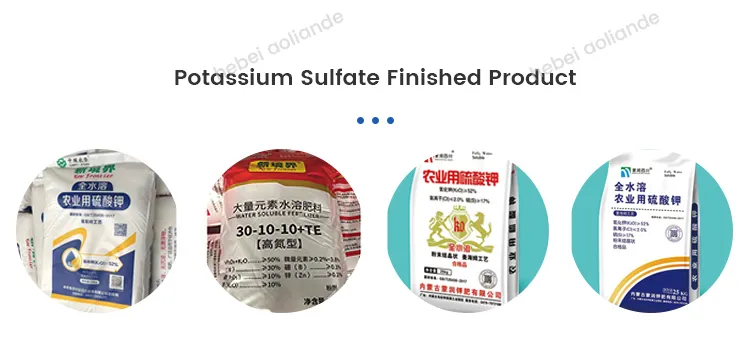
References
NIST (National Institute of Standards and Technology) research on industrial chemical processes and environmental compliance standards.
